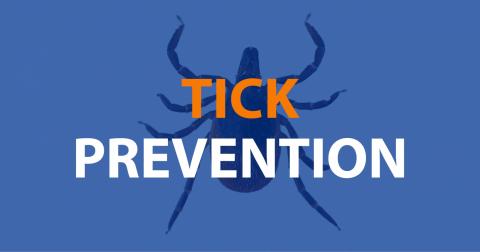Tuck Your Pants In and Other Ways to Prevent Tick Bites
SHARE

Each year since 2011, the New Hampshire Department of Health and Human Services has reported over 1,300 cases of Lyme disease. Since Lyme disease is transmitted to humans through tick bites, knowing how to prevent tick bites will go a long way to remaining healthy. Here are our tips:
- Know where to expect ticks. If your yard has tall grasses, or borders woodland, you might find ticks questing – waiting in grass blades or other vegetation – looking to bite a passing host.
- Treat your clothing. Permethrin is known to kill ticks, and is a product that can treat clothes, shoes and camping gear. Apply permethrin in a well ventilated area.
- Use a DEET repellent. Follow product instructions when applying any repellent, especially ones that contain DEET.
- Choose your clothing wisely. Several factors to consider here: light colored clothing makes spotting ticks easier, tucking pants into socks keeps ticks on your clothes, and elastic waistbands act as more of a barrier to ticks.
- Nothing beats checking for ticks consistently, and as soon as possible after spending time outdoors.
Related Resource(s)
Author(s)
Categories
